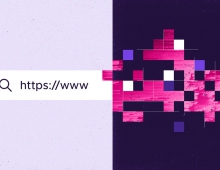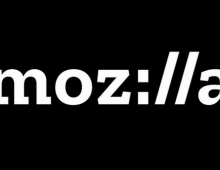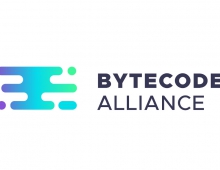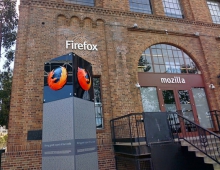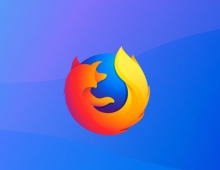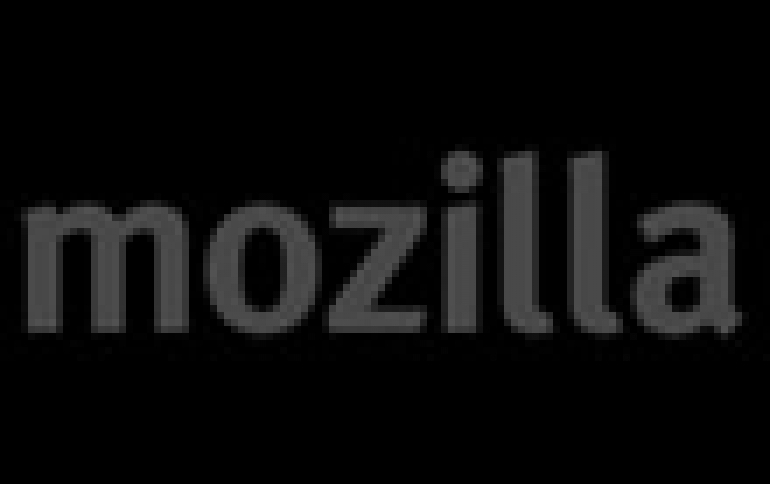
Mozilla is Fighting To Reform The EU Copyright Law
Mozilla has launched a petition - and will be releasing public education videos - to reform outdated copyright law in the EU. Mozilla says that there is a need for laws that protect and enshrine the internet as "an open, collaborative platform," but in the EU, "certain laws haven’t caught up with the internet."
The current copyright legal framework stifles opportunity and prevents - and in many cases, legally prohibits - artists, coders and everyone else from creating online.
Here are just a few examples of outdated copyright law in the EU:
- It’s illegal to share a picture of the Eiffel Tower light display at night. The display is copyrighted — and tourists don’t have the artists’ express permission.
- In some parts of the EU, making a meme is technically unlawful. There is no EU-wide fair use exception
- In some parts of the EU, educators can’t screen films or share teaching materials in the classroom due to restrictive copyright law.
Mozilla is calling on the EU Commission to enact reform. The organization is launching a campaign to bring copyright law into the 21st century. Citizens can read and sign the petition here.
The petition supports the following three big reforms:
1. Update EU copyright law
Copyright can be valuable in promoting education, research, and creativity - if it’s not out of date and excessively restrictive. "We need to update and harmonise the rules so we can tinker, create, share, and learn on the internet, "Mozilla says.
2. Build in openness and flexibility to foster innovation and creativity.
Technology advances at a rapid pace, and laws can’t keep up. That’s why laws must be future-proof: designed so they remain relevant in 5, 10 or even 15 years. "We need to allow new uses of copyrighted works in order to expand growth and innovation. We need to build into the law flexibility - through a User Generated Content (UGC) exception and a clause like an open norm, fair dealing, or fair use -- to empower everyday people to shape and improve the internet."
3. Don’t break the internet.
Some people are calling for licensing fees and restrictions on internet companies for basic things like creating hyperlinks or uploading content. Others are calling for new laws that would mandate monitoring and filtering online. These changes would establish gatekeepers and barriers to entry online, and would risk undermining the internet as a platform for economic growth and free expression.


